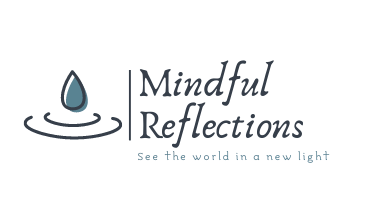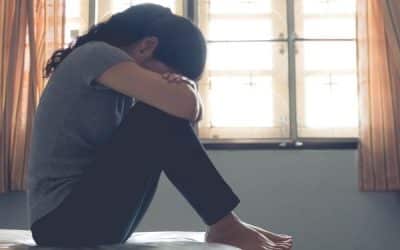How Can You Tell If You’re Experiencing Postpartum Anxiety?
Becoming a parent is a wonderful experience, but it can be pretty stressful at times. After all, you’ve got a child that depends on you now, and that’s a big responsibility. It doesn’t matter if you’re the one who gave birth to that child, or if it was your partner. It doesn’t matter if you adopted that child. Any new parent can be affected by this newfound responsibility sooner or later.
Being concerned at times is normal, but feeling excessive worry is a sign of something else, of postpartum anxiety. It’s an invasive sense of concern about your new child that affects every aspect of your life. It can be hard to tell if you’re just experiencing normal levels of concern, or if what you’re experiencing is actually postpartum anxiety. Here is a short list of signs that you might be dealing with postpartum anxiety.
Physical Sensations
Anxiety can manifest as several physical sensations. You might feel more tired than usual, and more often. Maybe you experience heart palpitations or you feel short of breath. You might be sweating for no reason, or feel nauseous. You might start trembling for no clear reason. Stomach aches are also common with anxiety, as is feeling restless, like you can’t sit still.
These physical sensations are often the most distressing ones. They can make you feel even more worried than you already are, this time without a clear reason. If you feel some of these sensations regularly, in a variety of combinations, you might be dealing with postpartum anxiety.
Distressing Thoughts and Feelings
What we call anxiety is usually a mixture of feelings, such as constant worrying, sometimes even panic, or sudden and unexplained feelings of dread. You might feel on edge without a clear explanation, and you might be unable to relax as a result. This can leave you feeling more irritable than usual.
Another key feature of anxiety is racing thoughts. Not just any thoughts: usually, they’ll be recurring thoughts about potential harm or even death happening to your child. This would only feed the constant worry you already feel.
Additionally, the reality of being a parent may leave you with an overwhelming sense of burden, which commonly goes hand-in-hand with anxiety. Any combination of these thoughts and feelings may be signs that you’re experiencing postpartum anxiety.
Changes in Your Habits
As mentioned before, postpartum anxiety can affect every part of your life. You might have difficulty sleeping, even when your baby is sleeping peacefully. You might lose your appetite and have trouble eating in general. It’s likely you’ll find yourself avoiding certain things that make you more anxious.
This might involve avoiding certain activities or places, or maybe even people. You may end up isolating yourself when, in reality, what you need is the opposite.
Seeking Help
Reaching out for help can be difficult, but it’s worth it. The last thing you need when dealing with a new child and postpartum anxiety is to do it all alone. Especially when you don’t have to. There’s nothing wrong with asking for help. If your family members offer to help you with some things, like maybe cooking or keeping an eye on the baby while you run some errands or even take a nap, then don’t hesitate to accept that help. Having a solid support system can be invaluable when you’re going through a tough time.
And if getting help from your family and friends isn’t enough, then consider getting counselling. There’s nothing wrong with seeking professional help if you need it, especially if it helps you breathe easier. Don’t be afraid to schedule an appointment. Healing is difficult, but it’s possible, and we’ll make sure you get there.
To learn more about how Mindful Reflections can help, check out our Postpartum Therapy page.
Previous Posts
How to Cope with Postpartum Anxiety on Top of OCD
OCD fills your mind with intrusive thoughts, convinces you that devastating things will happen if...
Identifying Signs of Perinatal Mood Disorder
If you’re pregnant, or your partner is, then you’ve probably looked into the different kinds of...
When Does Postpartum Anxiety Usually Kick In
Having a child is a wonderful, special experience. We bring a baby into the world, and we raise...





